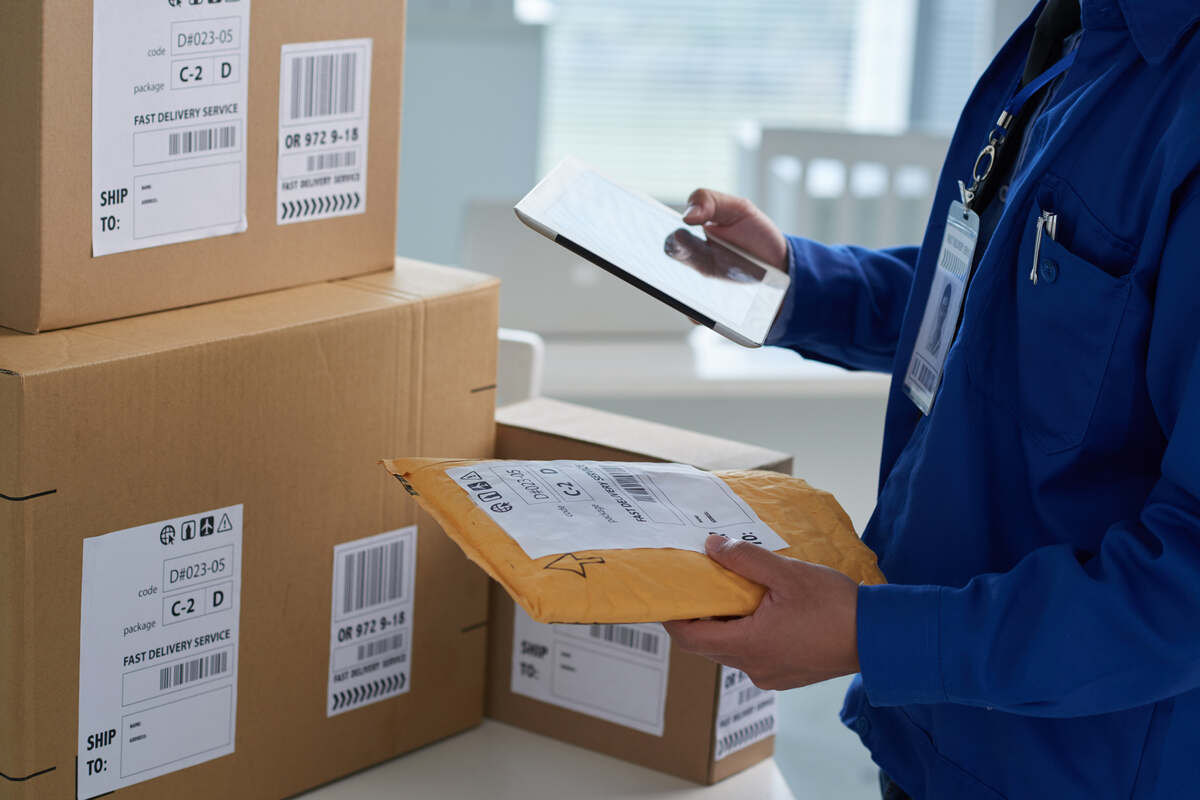Can You Ship Alcohol and How to Do It?


Shipping alcohol to consumers is a complicated process. As such, the issue at hand is not can you ship alcohol legally, but how to do it. A shipment successfully reaching your consumers or not will depend on the applicable state laws (and how they interact) and your carrier’s policies.
And, of course, it is essential to have the proper licenses for manufacturing and distributing alcohol. We should note that business-to-consumer shipping, which this article will focus on, is not always the same as consumer-to-consumer shipping. The latter is regulated by separate carrier regulations, which is not the subject matter of this article.
Why Is Shipping Alcohol So Complex?
The legal complexities of shipping alcohol stem from the time of the Prohibition. When the 18th Amendment to the Constitution was enacted in 1919, it proscribed “the manufacture, sale, or transportation of intoxicating liquors” within the US, as well as the import and export of alcohol.
In 1933, the 21st Amendment was ratified and it repealed the 18th. However, it also allowed each state to set its own laws, rules, and regulations regarding the manufacture and distribution of alcohol.
Thus, even though there was no longer a federal ban, the legalities of alcohol shipments became far more complex, as each shipment needs to conform to the laws of the state it originates from and where it is being delivered to. This autonomy of each state to set its own laws continues to this day and is what you need to contend with when you wish to ship alcohol.
How to Ship Alcohol?
The shipping of alcohol depends on the following factors: who is shipping (a business or consumer), the carrier’s policies, and the applicable state laws. Combining these factors will determine how you should (or even whether you can) ship alcoholic beverages, so let us go over each in more detail.
Consumers vs. Manufacturers
Many major carriers outright ban consumers from shipping alcohol. Manufacturers have to follow certain rules but are mostly allowed to ship alcohol if they conform to the agreements and relevant regulations.
Different Carriers
The process of getting licensed for alcohol shipments will depend on the carrier you are using. Consequently, always check the rules and regulations of each carrier. However, there are two conditions you can expect every major carrier to enforce: 1) that you inform them that you are shipping alcohol; 2) that you will need to pay an alcohol package fee.
Alcohol Shipping Laws by State
As was previously mentioned, each U.S. state has specific laws related to alcohol shipments, so it may be best to consult with a legal expert before you decide to ship large quantities of any cargo. However, the state laws can be divided into three broad categories.
- states wherein the shipping of alcohol is prohibited
- states where shipping of on-site purchases is allowed
- states where the shipping of alcohol is allowed.
States where the shipping of alcohol to consumers is prohibited are Alabama, Mississippi, and Utah. In Alabama specifically, alcohol shipping is possible, but residents need to apply for special permits and the shipping must be done through the Alabama ABC (Alcoholic Beverage Control) Board.
As it regards states that fall into the second category – the shipping of alcohol is restricted, but possible. The consumer must purchase the product on-site at the business that sells the alcohol and only then can it be shipped. The following states are in this category: Arkansas, Delaware, Kentucky, and Rhode Island.
The rest of the states allow relatively unrestricted shipping of alcohol (presuming you have the necessary licenses for manufacturing and distribution). However, local and city laws may prescribe additional prohibitions – e.g. Kentucky has dry counties where the shipping of alcohol is prohibited, even though it is not done on the state level.
Once again, we need to reiterate that you should consult the laws of each specific state and locality before you decide to ship a package there.
Intrastate vs. Interstate Shipping
If you are shipping intrastate, only the relevant state laws apply to you. However, the laws of both states apply to interstate shipping – so, where you are shipping from and to. Extra caution should be taken during interstate shipping, as alcohol shipments compliant in California are not necessarily compliant in Utah.
Cross-Border Shipments
Cross-border alcohol shipments present additional challenges. Besides being compliant with the local and state laws, you also need to take into account the laws of the country you are shipping to. For international shipping, you will need special licenses and to pay additional customs fees.
Insuring Your Packages
Packages of alcohol are often fragile and easily damaged. Most carriers provide insurance, but rarely for the entire value of the shipment. However, you can take out full-value insurance for high-value packages. As shipments of alcohol are often expensive, you could consider taking special steps to insure your packages
Final Considerations
Although complicated, shipping alcohol legally is possible. However, you need to consult the relevant state laws and carrier regulations, and acquire all of the necessary permits and licenses. Additionally, taking out full-value insurance could be a wise move to safeguard yourself and your business from unnecessary losses.
Latest blogs
Should You Get Third-Party Insurance when Shipping Expensive Goods?
Mon, Jul 4th 2022, 16:42
 Continue Reading →
Continue Reading →
Innovations in Shipping Technology: How the Industry Is Changing?
Fri, Jul 1st 2022, 13:42
 Continue Reading →
Continue Reading →
What Is Declared Value? – and How It Differs from Shipping Insurance
Fri, Jul 1st 2022, 10:26
 Continue Reading →
Continue Reading →
Logistics vs. Supply Chain Management: What Are the Differences?
Fri, Jul 1st 2022, 10:01
 Continue Reading →
Continue Reading →
Categories
defaultCall Us Today
Get premium full-value shipping insurance at affordable rates and be sure your parcels are 100% safe during transport. Work with a logistics powerhouse - get in touch with us today.
213-368-3444
Contact Us
Want a peace of mind when shipping valuable packages? Our experts are happy to ansver any questions you may have and provide you with a tailored soulution that meets your unique shipping needs. Email us today and ship your luxury items with ease!

